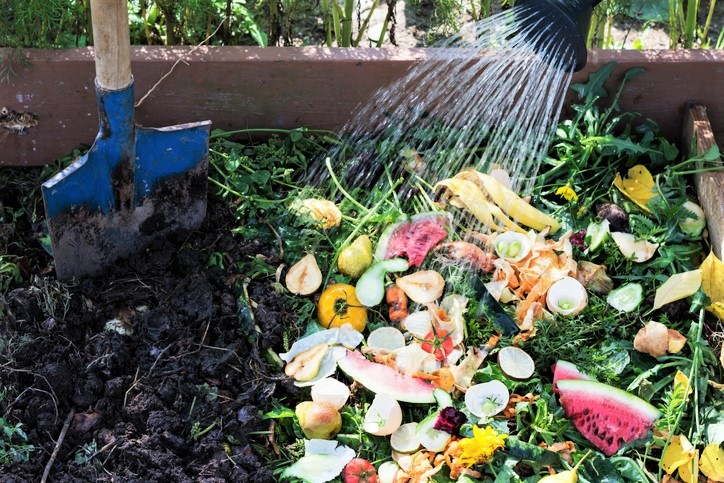
As of January 2022, California has begun implementing SB 1383, a new state law that tackles the climate crisis by recycling and composting food and yard waste around the state. Landfills are the third-largest source of methane in California. Organic waste contributes 20 percent of that methane. By composting organic materials like food waste, the state aims to curb climate pollutants and reduce organic waste disposal by 75 percent by 2025.
This organic waste can now be diverted from landfills and transferred to processing facilities where compost can be made. According to Gosia Wozniacka from Civil Eats, “CalRecycle estimates that about 5.5 million more tons of compost should be produced in California by 2025—enough to apply to an extra 27 million acres or up to 4 percent of the total cropland in the state.” The next step is to get this compost into the hands and onto the lands of our California farmers.
Zero Foodprint is an organization helping to redistribute this compost in an effort to combat climate change and create healthy soils from our organic waste. Named Humanitarian of the Year in 2020 by the James Beard Foundation, Zero Foodprint has set up a Compost Connector program, enabling interested farmers and ranchers to access free compost.
Zero Foodprint contracts with local municipal governments and composting facilities to redistribute and “make the best use of California’s rapidly increasing supply of compost by facilitating its distribution to farms and ranches.” If you’re interested, click on the Compost Connector Project Request Form (scroll down to the bottom of the page) and submit an application for review to receive your compost. The form takes about 10 minutes to complete. Applicants are prioritized based on the type of compost available, project cost, carbon sequestration potential, and spreading logistics. Send questions to compost@zerofoodprint.org.
The CCOF Foundation is proud to collaborate with this organization and their mission to connect California farmers and ranchers with this new compost resource. To learn more about the CCOF Foundation and our work, check out our website.
To read more in-depth coverage about the opportunities and challenges for this ambitious initiative, check out this Civil Eats article by Gosia Wozniacka.